Siren Design’s progressive and unequivocally cool workplaces are grounded by a belief in designing for community and context.
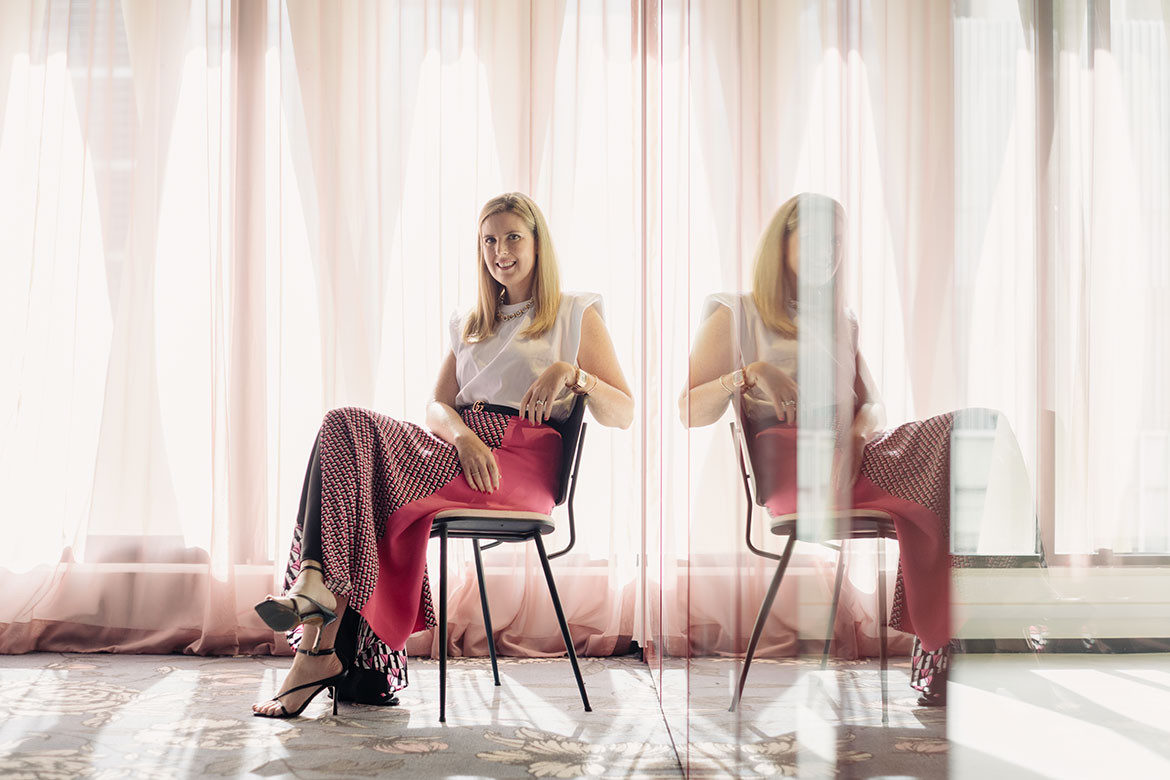
In Siren Design’s Singapore office, the most striking space is the ultra-feminine boardroom, framed by salmon-pink aluminium doors and blush curtains through which sunlight shines on a painterly, floral carpet. This setting well represents the firm’s unapologetic embrace of female power in the masculine stronghold of corporate culture.
The firm was first founded by Mia Feasey in Sydney in 2005. Its director, Penny Sloane, relocated to Singapore in 2011 and was instrumental in charting Siren Design’s path here as co-founder of its Singapore office (in partnership with Feasey). The Sydney-born interior designer has led the team to create some of Singapore’s most inventive and convivial workplaces for clients such as PwC, pharmaceutical giants Sanofi and Novartis, and co-working provider JustCo. From being the sole person working out of a co- working space in Singapore, she now leads 19 staff in their new office on the top floor of the modernist, 1970s-built AXA Life Building.

Sloane shares that the initial stages of being in a co-working space gave her a front-row seat to how co-working communities function. “We were constantly collaborating and sharing our ideas, contacts or challenges. It was a beautiful community and it really helped me in those early stages of the business. That experience stayed with me,” she says.
‘Community’ is a key word in her design dictionary, as she believes that helping to shape good relationships is key not just for business, but also expanded application in sectors such as the redesign of our cities – particularly in a post-pandemic world. It is what design should be after all: empathetic and human-centric. But what should be the norm is more often than not sidelined, Sloane highlights.
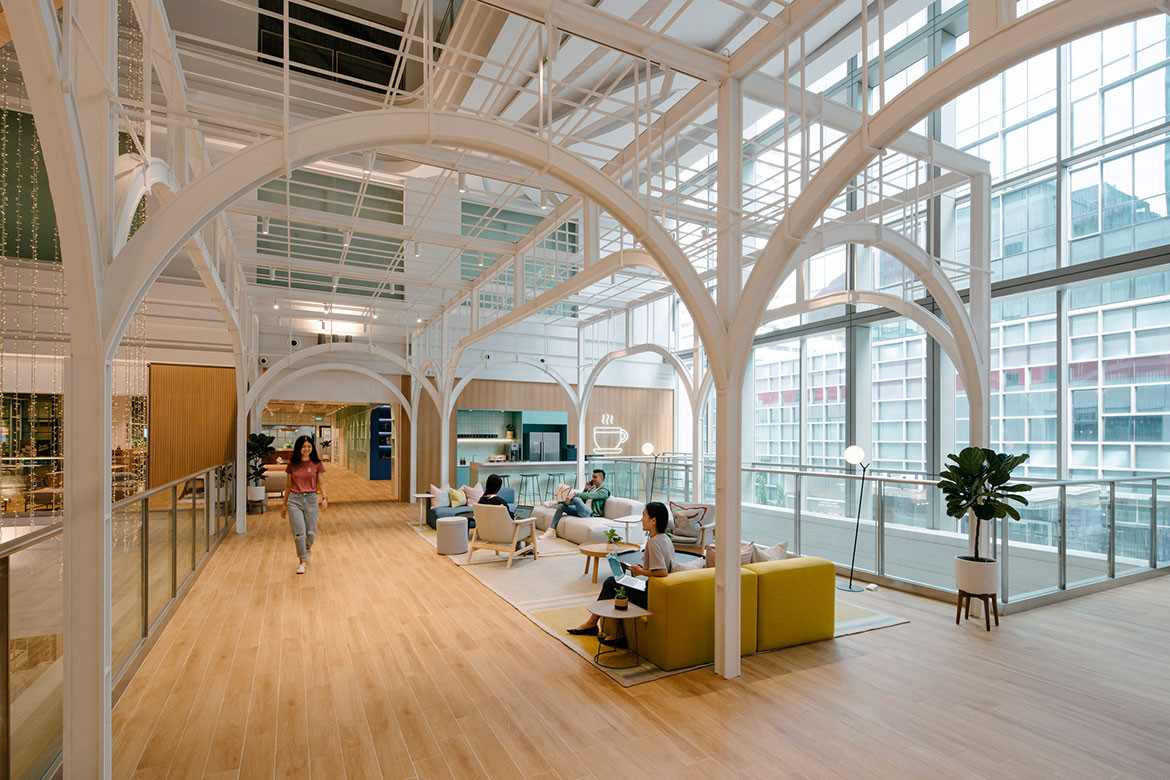
“We pride ourselves on working to understand the client and how the experience differs from region to region. As a result, none of our projects look the same. We do not have egos in terms of what a design should look like; it’s about the people. For every client, we deep dive into understanding each department because human resource is different from sales, and legal from finance. You get a better outcome because you’re designing for them and not because it’s a trend or fits the designer’s mould. It’s a bit like our logo – sirens are mythical creatures that can morph into any situation,” says Sloane on the firm’s tailored approach.
Asking the right questions is key to the design process. “How are you? How is your office working for your company? How are your people? How are they coping? I don’t think these questions are asked enough. In order to help people and companies thrive, we need to first understand where they are at and where the pain points lie. From there, we can use design to not only solve these challenges, but the issue of the business as a whole,” says Sloane.
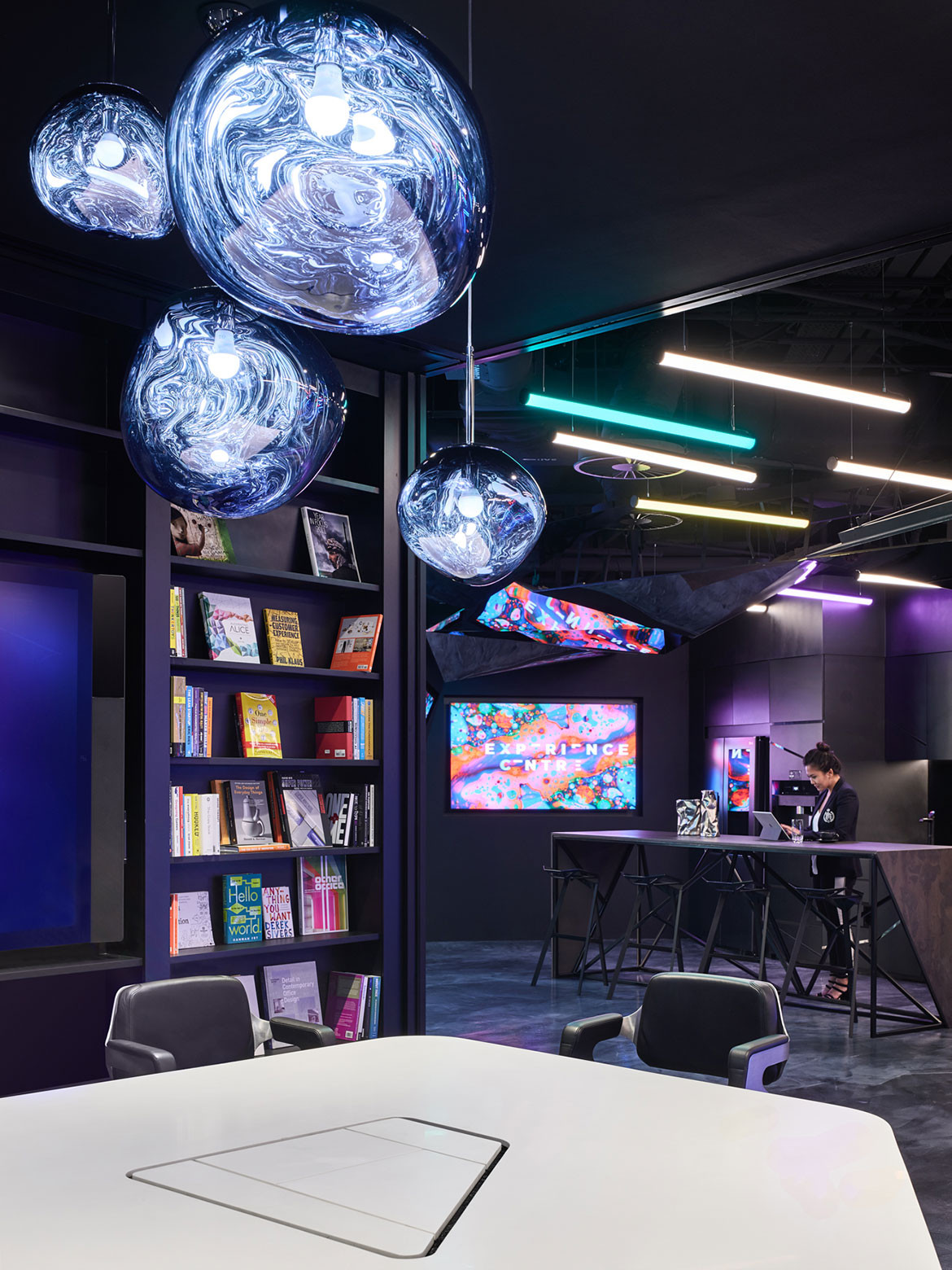
She places equal emphasis on building bonds in Siren Design as she does with clients. During our interview, Sloane reiterates that the firm’s success was built on team effort. Practice director Ellen Yap and design director Junlong Lin are both given the freedom and trust to exercise self-expression under Sloane’s open leadership. The strong familial culture forges a sense of belonging.
In Sloane’s books, a willingness to listen trumps hard-handedness. So does amicability and persistence. It is not hard to see how clients are won over by this combination. “When I arrived in Singapore, I pounded pavements and had a million coffees trying to get Siren Design’s name out. Then I met the head of real estate from a tech giant and after a tough interview and pitch process, we won our first big project. Our design of this office in Singapore was a springboard for everything because suddenly we were a name,” recalls Sloane.

With discussions on workplace design propelled to the forefront during the COVID-19 pandemic, Sloane feels that the firm’s approach is more relevant than ever. While she appreciates the flexibility that working from home offers, the office is still important.
“It is that space to come together and make quick decisions.Being spontaneous is hard to do over Zoom. Pre-pandemic, the average worker had an 88 per cent chance of meeting people outside their teams each week. If someone is working in the office for just two-and-a-half days a week, that chance goes down by 19 per cent. What does that do for corporate culture, and how do we design to encourage a sense of community and those opportunities for random meetings? That’s the challenge.”

INDESIGN is on instagram
Follow @indesignlive
A searchable and comprehensive guide for specifying leading products and their suppliers
Keep up to date with the latest and greatest from our industry BFF's!

A longstanding partnership turns a historic city into a hub for emerging talent
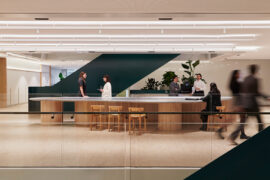
Law is one of the oldest professions in the world but Architectus’ new design for Ashurst Sydney’s workplace at 39 Martin Place reflects and responds to contemporary shifts.
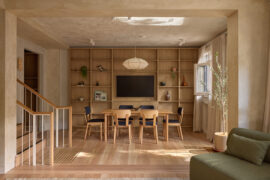
Merging residential living with the retail experience, the latest project from In Addition breathes new life into shopping for the home.
The internet never sleeps! Here's the stuff you might have missed
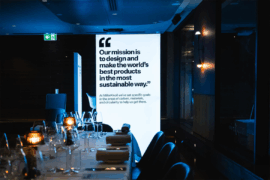
MillerKnoll reimagines the convention of dinner table interactions by plating up a future-forward menu of sustainable design conversation starters as part of the inspiring “Conversations for a Better World” event series.
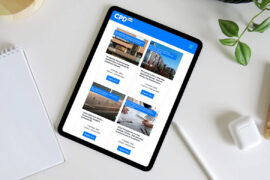
CPD Live’s final live-presented season for 2025 continues with a powerful Day 2 lineup, delving into façade weatherproofing, apartment design trends, smart bathrooms, and digital compliance. Starting from 9 AM AEDT, these free CPD-accredited sessions will help you finish the year with fresh insight and full compliance confidence.